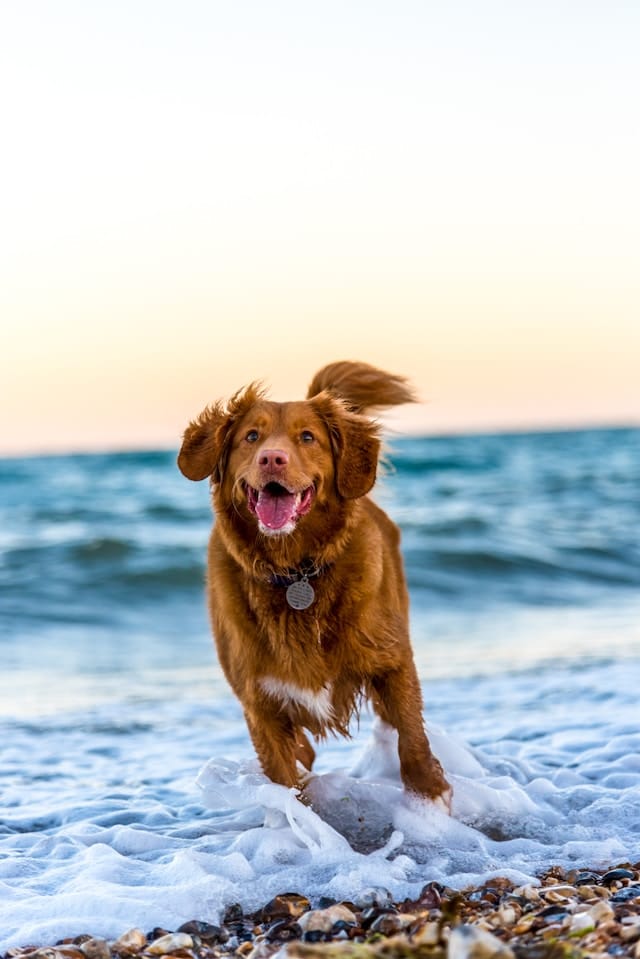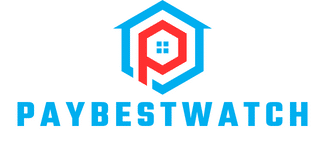How to Introduce an Adult Dog to New Cognitive Games and Puzzles?

Keeping your dog’s mind sharp isn’t just about teaching them new tricks. Cognitive games and puzzles provide stimulating challenges that can keep your dog mentally active, boosting their overall health and wellbeing. For the uninitiated, introducing a dog to these types of games and toys can be a daunting task. Fear not! This comprehensive guide is here to help you on this engaging journey.
Choosing the Right Brain Games for Your Dog
Before you can start playing, you must first determine which games and puzzles are suitable for your furry friend. The American Kennel Club (AKC) has an array of toys and games that stimulate a dog’s brain, but not every toy will be suitable for your dog.
Cela peut vous intéresser : How to Prepare a Well-Balanced Meal for a Vegetarian Family Dog?
For instance, dogs that are highly food motivated might enjoy a puzzle that dispenses treats when solved. On the other hand, a toy that requires more physical interaction might be best for highly energetic breeds.
When choosing a toy, keep in mind your dog’s size and breed. Some games might be too complex for small breeds or puppies, while others might not be challenging enough for larger, more intelligent breeds.
En parallèle : What’s the Most Effective Way to Remove Ticks from Your Pet Without Causing Distress?
Toys should also be durable and safe. Ensure that the toy doesn’t have any small parts that can be swallowed or sharp edges that can cause harm.
How to Introduce the Toy or Game
Once you’ve found the perfect game, the next step is to introduce it to your dog. Remember, patience is vital during this phase, as your dog may not immediately understand what is expected of them.
Start by allowing your dog to sniff and explore the toy. This will help them familiarize themselves with the new object. If the toy involves food or treats, let them see you placing the food inside the toy. This will keep them interested and help them understand that they will be rewarded for interacting with the toy.
Next, demonstrate how the toy works. For instance, if it’s a puzzle game, show your dog how to move the pieces to get to the treat. You may need to repeat this process several times until your dog starts to understand the game.
Use positive reinforcement to encourage your dog. Each time they interact with the toy or make progress in the game, reward them with praise, a pat, or a treat. This will keep them motivated and make the experience enjoyable.
Training Your Dog for More Challenging Games
Once your dog gets the hang of simple games, you can start introducing more challenging ones. This will keep their brain active and help prevent boredom.
Start by selecting games that require a bit more thinking. For instance, you can get a toy that requires your dog to perform a certain action to get a treat. This could be pulling a lever, pressing a button, or moving pieces around.
When introducing a new, more complex game, start slow and be patient. Your dog may not immediately understand what to do, but with time and positive reinforcement, they will eventually get the hang of it.
Just like with the initial introduction, use plenty of positive reinforcement. Each time your dog successfully completes a task, reward them. This not only encourages them to continue playing, but it also helps them associate the game with positive experiences.
Keeping Playtime Fun and Engaging
Keeping playtime fun and engaging is crucial to ensure your dog remains interested in brain games. Variety is key here – try to have a selection of different toys and games so that your dog can enjoy a range of experiences.
Consider setting aside specific times for play. Consistency will help your dog understand when it’s time for games, helping create a routine that both you and your dog can look forward to.
Play should also be interactive. While many cognitive games are designed for independent play, your involvement will make the game more enjoyable for your dog. You can take turns, give clues, or provide help when needed.
Remember that each dog is unique. What works for one dog may not necessarily work for another. Always pay attention to your dog’s reactions and adjust your approach as needed.
The Importance of Cognitive Games in a Dog’s Life
Cognitive games play a crucial role in a dog’s life. These activities provide mental stimulation, which is key in preventing cognitive decline and behavioral issues.
Furthermore, cognitive games can strengthen the bond between you and your dog. They provide a fun and rewarding way to interact, enhancing your relationship and fostering mutual respect.
Brain games can also serve as a training tool. They can help reinforce obedience and problem-solving skills, making your dog more well-behaved and easier to manage.
In conclusion, introducing an adult dog to new cognitive games and puzzles is a rewarding process. Although it requires patience and consistency, the benefits for both you and your dog are well worth the effort.
Advanced Strategies for Brain Training in Dogs
Teaching your dog new tricks and games is not just about entertainment, it’s about providing much-needed mental stimulation and ensuring their overall health and wellbeing. As your furry friend grows and matures, it’s crucial to further develop their cognitive skills with advanced brain games.
Before introducing more complex games, make sure your dog is confident in playing simpler games. Gradually increase the complexity level allowing your dog to continue feeling successful.
Look for puzzle toys that further challenge their problem-solving skills. Some dog toys, for example, come in different difficulty levels. Starting with easy and moving gradually towards the more difficult levels helps your dog hone their cognitive abilities.
Another complex game to consider is hide and seek, where you hide the dog’s favorite toy or treat and encourage them to find it. It involves not just mental work but also physical activity. This game not only encourages the dog to think and solve problems but also allows them to use their senses.
Whatever advanced brain games you decide to play with your dog, remember to always be patient and give lots of positive reinforcement. When your dog is successful, reward them with a treat, praise, or a pat. This will make them more enthusiastic about playing games and more likely to engage in the future.
Conclusion: Cognitive Games – A Win-Win for Dogs and Owners
Introducing an adult dog to new cognitive games and puzzles is undoubtedly beneficial for their mental and physical wellbeing. Not only do these activities provide vital mental stimulation, but they also help in maintaining a physically active lifestyle.
Playing these games and solving puzzles can be a fantastic way to bond with your dog. It allows you to spend quality time together, strengthens your relationship, and helps your dog see you as a source of fun and positivity.
In addition, these games can be great tools for reinforcing desirable behaviors and training your dog. They make learning fun and enjoyable, and can significantly enhance your dog’s problem-solving abilities.
Keep in mind that every dog is different, and what engages one might not necessarily engage another. So, be patient, flexible and willing to experiment with different games and toys until you find what suits your dog best.
At the end of the day, these brain games are not just about keeping your dog busy; they’re about enriching their lives. With the right approach, patience, and consistency, you can turn playtime into a fun, rewarding, and enriching experience for your furry friend. Enjoy the process of discovery as you uncover your dog’s untapped abilities and watch them grow in confidence and curiosity. Investing time and effort in teaching your dog new games is a rewarding endeavor that will significantly improve their quality of life.
